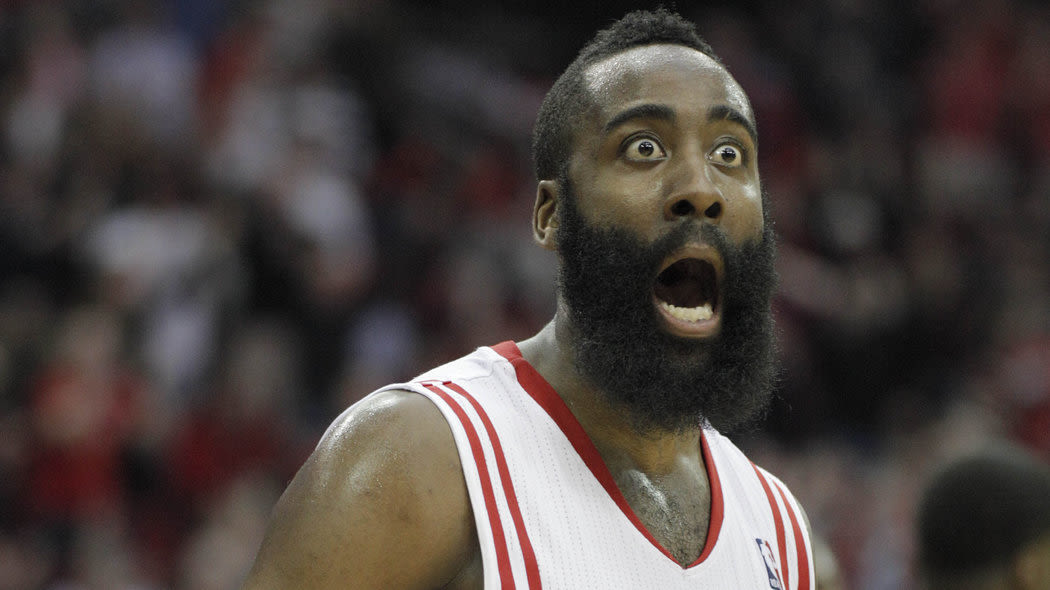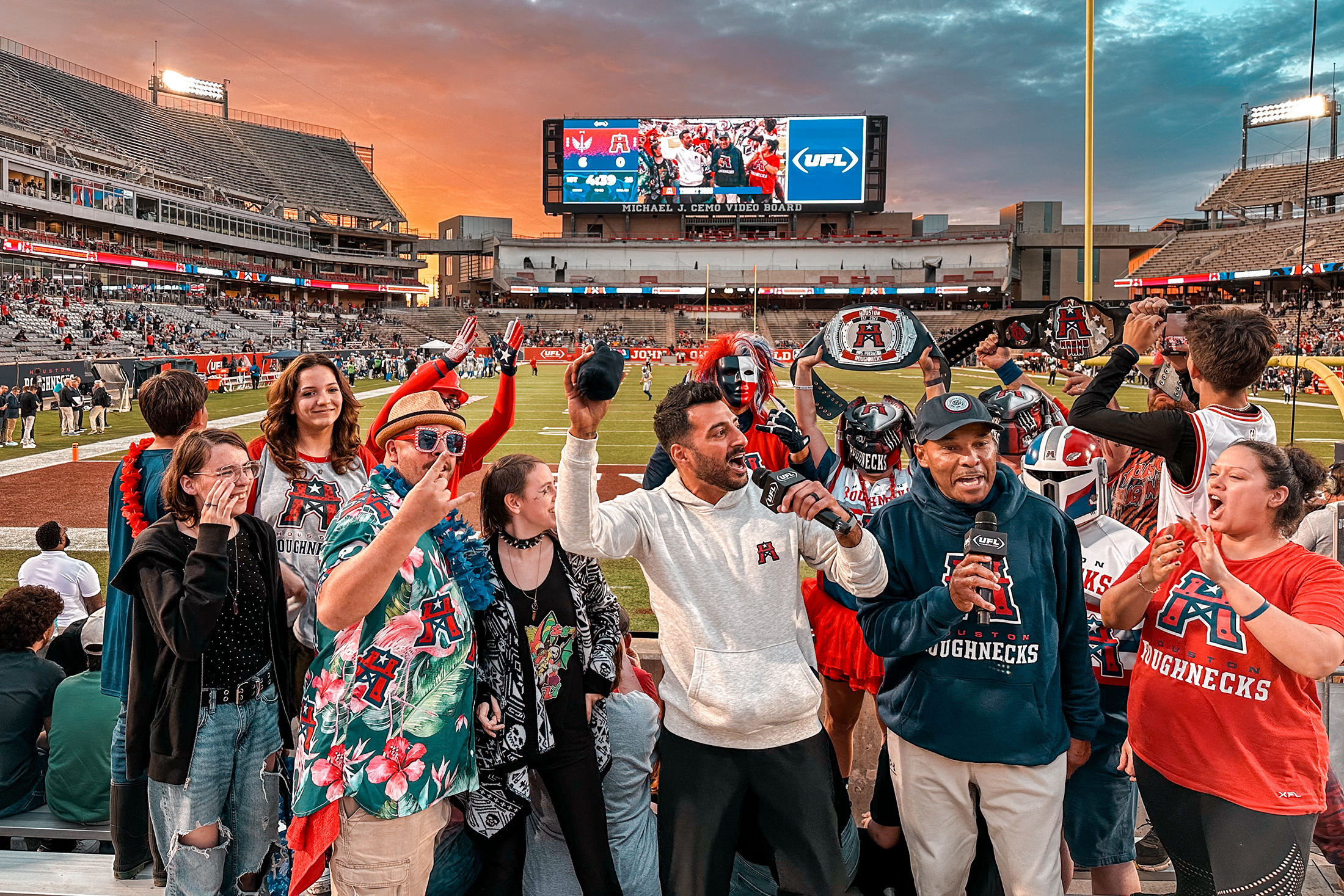Can the Rockets Shoot Themselves to a Title?

Image: Shutterstock
Last April, Kevin Draper accurately characterized the 2015-16 Rockets as “the most miserable f*****g basketball team” he’d ever seen. A season that started with high hopes (and a few championship predictions) ended with a 41-41 record and first-round playoff flameout. The aggressively corny Dwight Howard and the “conspicuously weird” James Harden grew to loathe one another, and Howard—disinterested and aggrieved—opted out of his $23 million contract, bolting for the ATL instead.
So what went wrong, and how did Daryl Morey and the Houston braintrust try to fix their myriad problems? As the Rockets prepare for their season opener next week (Wednesday, in Los Angeles), now’s a good time to figure it out.
What went wrong in 2015?
Let’s start with the stuff that went right. Harden, for his part, was basically unstoppable with the ball in his hands, ranking in the 91st percentile in in points per possession, per Synergy Sports. As a team, the Rockets posted the sixth-highest effective field goal percentage in the NBA. That’s a stat that measures a team’s shooting accuracy but also takes into account the relative value of a three-pointer. And the Rockets shot a ton of those, leading the league in three-point attempt rate for the third consecutive season. The most efficient offenses avoid mid-range jump shots like the plague: like a dunk, they’re worth just two points, but they’re still difficult to make. It’s Moreyball, and with the right personnel, the strategy is lethal.
The main problem came on the other side of the floor, where the Rockets were dead last in defensive rebounding rate, 23rd in field goal defense, and 21st in overall defensive rating. This is where the misery of Howard, who’d been named to the league’s all-defensive team five times previously, showed itself most clearly. They weren’t tough enough, and because the perimeter players with whom Morey surrounded Harden weren’t necessarily sharp-shooters, the offense (as decent as it was) could never fully compensate.
How are they fixing it?
With a new coach and a whole mess of new players. Out are Kevin McHale, Howard, Josh Smith, Jason Terry, and Michael Beasley. In are two expensive and offensively gifted Pelicans (Ryan Anderson, Eric Gordon) and head coach Mike D’Antoni, a man who saw the value in spacing the floor and pushing the pace well before it was hip.
The bruising Harden is an ideal player to lead the spread pick-and-roll offense, which Steve Nash first perfected under D’Antoni a decade ago, during his two MVP seasons in Phoenix. And D’Antoni has already made the clever decision to name Harden his starting point guard, a move endorsed by The Dream Shake: “With James Harden now surrounded by shooters and big men who will be willing to get out of the paint to clear space for his drive, this offense should hum.”
Will it work?
America’s Best Sports Writer Zach Lowe is cautiously optimistic, predicting the Rockets will launch the most three-pointers in NBA history and “might even have the goods to push Golden State for the No. 1 spot in scoring efficiency.” They’ll certainly be less dreadful to watch; though no D’Antoni-lead team has ever advanced past a conference final, they’ve generally played with infectious joy.
That said, Anderson and Gordon are injury prone, and their inclusion could mean the defense plays even worse than last season. There are apocryphal stories about how, in Phoenix, D’Antoni didn’t even practice guarding people. “The Rockets will get out to a lot of big leads, but they will give a lot of them back, too,” writes The Ringer’s Jonathan Tjarks. “The question is how much it evens out.”
If all else fails, at least they drafted Chinanu Onuaku, a rookie big man committed to the lovely, lost art of the underhand free throw. Onuaku is Howard’s partial replacement, and he’s already way, way, way cooler.




